
Some questions about Christianity never go away. They surface in college dorm rooms, workplace discussions, and family dinners across generations. Non-believers ask them not to attack but to understand what drives millions of people to build their entire lives around ancient stories and invisible realities. Here are 10 of the questions Christians hear most often—and their possible answers.
Why Do You Believe In God?

For more than 2,000 years, belief in one Creator God has been central to Christian life. According to a 2017 Pew Research Center study, over 80% of the world identifies with a religious group affirming a higher power. While atheists question this using science and logic, faith continues to ground Christian living.
How Can You Trust The Bible?
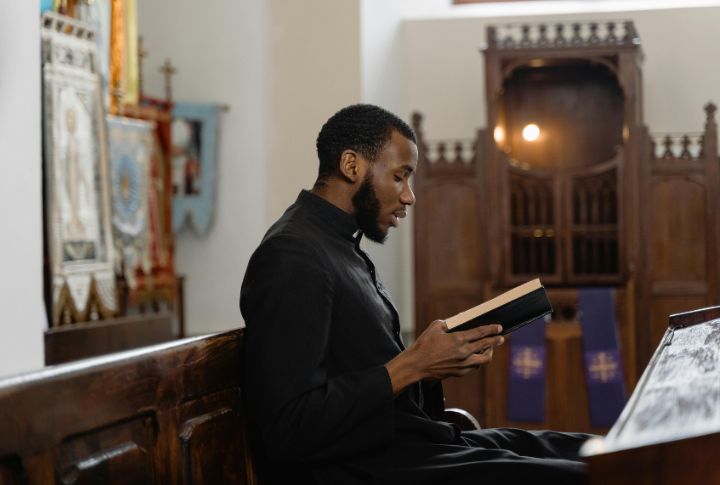
“The Bible” is the most translated and broadly distributed book in human history. More than 25,000 New Testament manuscripts still exist today. Scholars note that certain biblical prophecies were later fulfilled in real events. These ancient documents have made the Bible a historically reliable source of Christian teaching.
If God Is Good, Why Is There Suffering?

The question of suffering is as old as humanity itself, and Christian theology explains it through free will and the brokenness of sin. This struggle is captured in “The Book of Job,” one of the oldest biblical writings, and the discussion continues today as philosophers across traditions still debate the meaning of human pain.
Isn’t Christianity Just Like Other Religions?
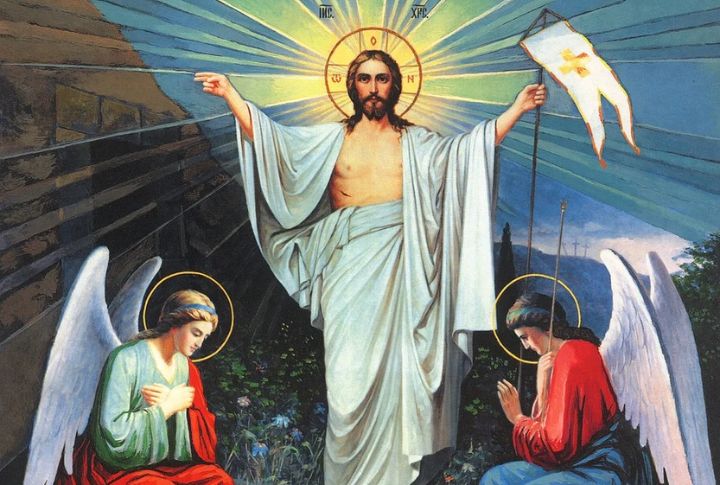
Unlike many faiths, Christianity is centered on the resurrection of Jesus. Salvation is considered a gift of grace through faith rather than works. As the world’s largest religion, its unique character continues to invite questions and comparisons across cultures and generations.
Do You Really Believe In Miracles?

The Gospels recount Jesus calming storms, healing the sick, and raising the dead. Even secular historians acknowledge that early Christians sincerely testified about extraordinary events they believed to have witnessed. Billions of Christians continue to affirm stories of modern miracles, while the Catholic Church requires carefully verified reports for sainthood.
What About Science And Evolution?
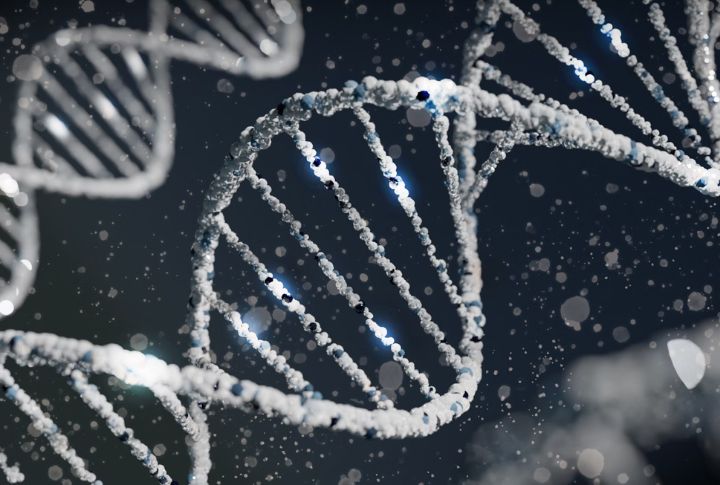
Christian thought has never been limited to opposing science. The Catholic Church and many Protestant groups accept evolution as part of God’s creation. For example, Gregor Mendel (a Christian monk) is remembered as the father of genetics. And Georges Lemaitre (a Catholic priest) first proposed the Big Bang theory that shaped modern cosmology.
Why Are There So Many Denominations?
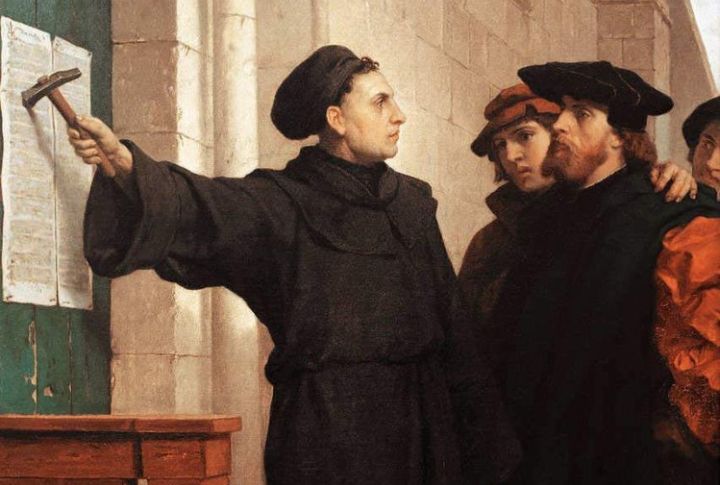
More than 40,000 denominations exist worldwide, shaped over time by history and theology. The Protestant Reformation of 1517, led by Martin Luther, stands as one major example of division. Yet despite differences, all branches uphold belief in Jesus’ death and resurrection.
How Can Jesus Be Both God And Man?
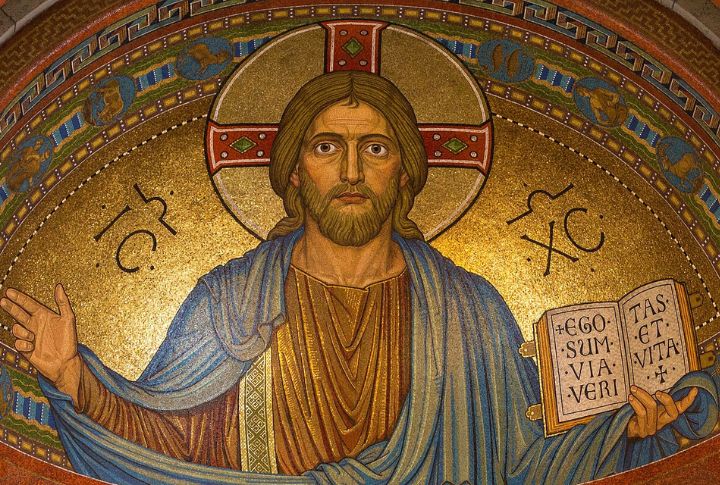
The mystery of Jesus’ dual nature sparked centuries of debate among early believers. In 451 AD, the Council of Chalcedon formally defined the belief that He is both fully divine and fully human. Rooted in the Trinity, this teaching remains distinct to Christianity, with Islam and Judaism rejecting the claim.
Isn’t Christianity Responsible For Wars?
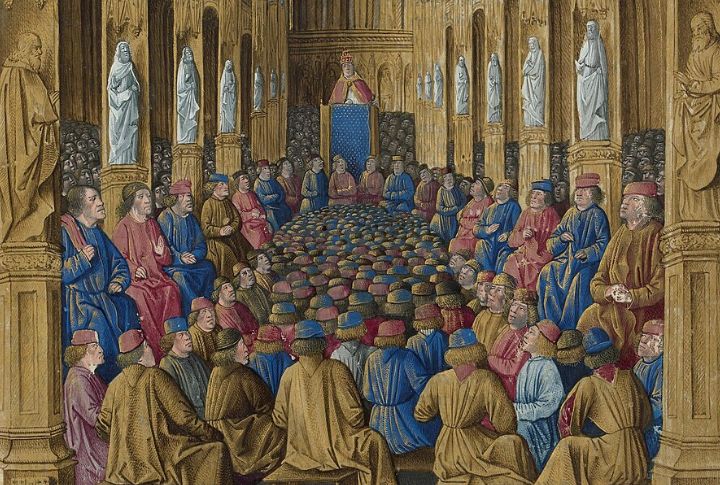
History recalls the Crusades and other conflicts tied to religion, though politics and power played larger roles. Wars labeled “religious” were rarely only about belief. Today, Christian movements emphasize peace and reconciliation. The legacy includes not only conflict but also global efforts in justice and humanitarian relief.
Do Christians Think Everyone Else Is Going To Hell?
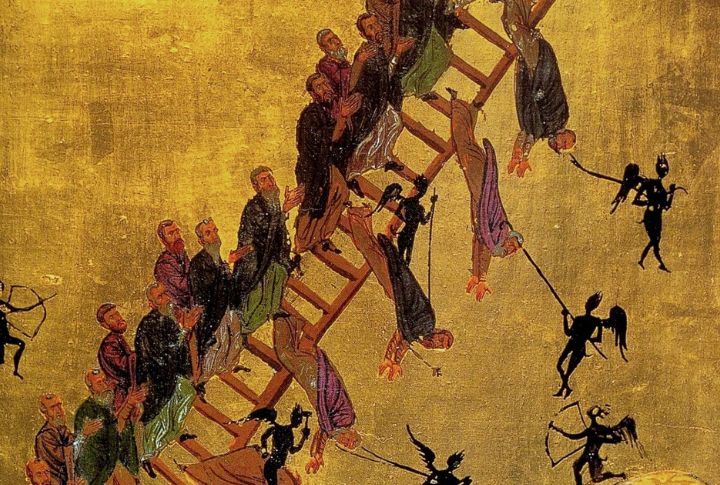
Beliefs about who enters heaven or hell vary widely in Christianity. Some groups emphasize salvation only through Christ, while others highlight God’s mercy and mystery. Thinkers like C.S. Lewis explored these questions deeply, showing that Christian views on eternity are far from one simple answer.

